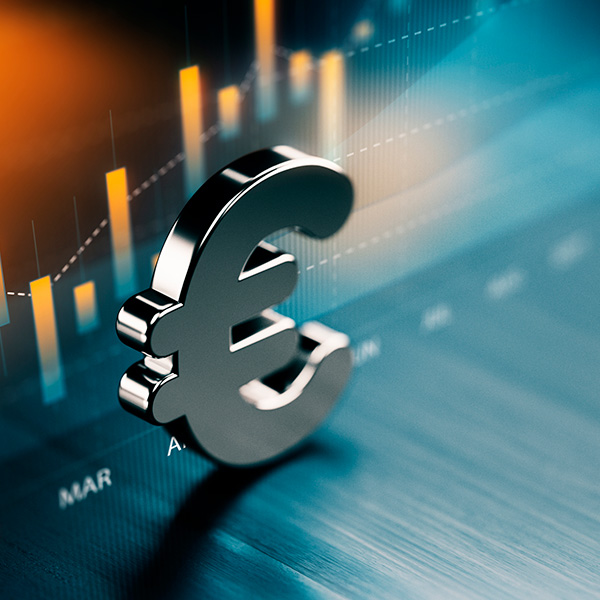
Asymmetric risks in the U.S. presidential elections
11/04/2024
The US elections are always relevant to the world economy, given the hegemonic role of the United States, although on this occasion we can say that the relative importance of these elections widely exceeds historical patterns, as they pose significant risks to the global economic model of recent decades.
In particular, some of the economic proposals of candidate Donald Trump could have a profound effect on the foundations of international trade. For example, imposing 60% tariffs on Chinese imports and 10% on those of the rest of the world, as promised in the campaign, would take the average US tariff rate to the levels of 1935. If fully implemented, considering the counterparties' retaliation on US exports, it could dramatically affect global trade and investment flows.
Trump's fiscal policy proposals would also exacerbate the United States' fiscal problems further than those of Harris. That said, there is great controversy regarding the degree of actual implementation of these proposals, which will depend on the Republican's control of the chambers, the reaction of the rest of the world and the political approach finally prioritized by Trump, if he enters the White House.
In this respect, there are many analysts who suggest that Trump's true goal with his tariff threat is to create a solid basis for negotiations with the rest of the world, forcing trading partners to buy more US products and negotiating a better agreement for the United States, without really intending to ignite a large-scale trade war. But who knows?
One way or another, uncertainty will be relevant even after the electoral process, since we may not have the final results until several days or even several weeks later. If Trump or Harris obtain an uncontested victory, the results will become official on November 6, but if one of the parties challenges the results, the uncertainty could extend to December 6.
The polls show that the campaign is in a technical tie, and that Trump's advantage in recent days has largely disappeared over the past week. It is perceived that a Trump victory with Republican control of both chambers will have an initially positive effect on US economic activity, although tax and trade risks will also increase, as previously mentioned.
Similarly, a new Trump mandate would facilitate a deregulation process that would be initially welcomed by many economic sectors, particularly the banking and oil industries. Furthermore, small companies would benefit from greater domestic activity, whereas large companies, which are more exposed to international trade, could experience greater tariff uncertainty.
Despite the equality in the polls, the markets have clearly positioned themselves for a Trump victory. This is evident in the surge in prices experienced by a multitude of strategies and types of assets that would benefit from a Republican victory. The stock markets have risen at the expense of fixed income, the dollar has appreciated, US stock has performed relatively better than European stock, small companies better than large companies, cyclical sectors better than defensive sectors, the price of bank shares have surged and the expectation of the former president's electoral victory —an avowed supporter of the cryptocurrency industry—, has also caused a rise in Bitcoin's price.
In other words, the markets firmly believe in Trump's victory, but the polls show that the election could not be closer. This generates an asymmetric risk for the current week. If Harris wins, some of these operations will most likely see a considerable correction and the markets will experience a sharp pickup in volatility.

